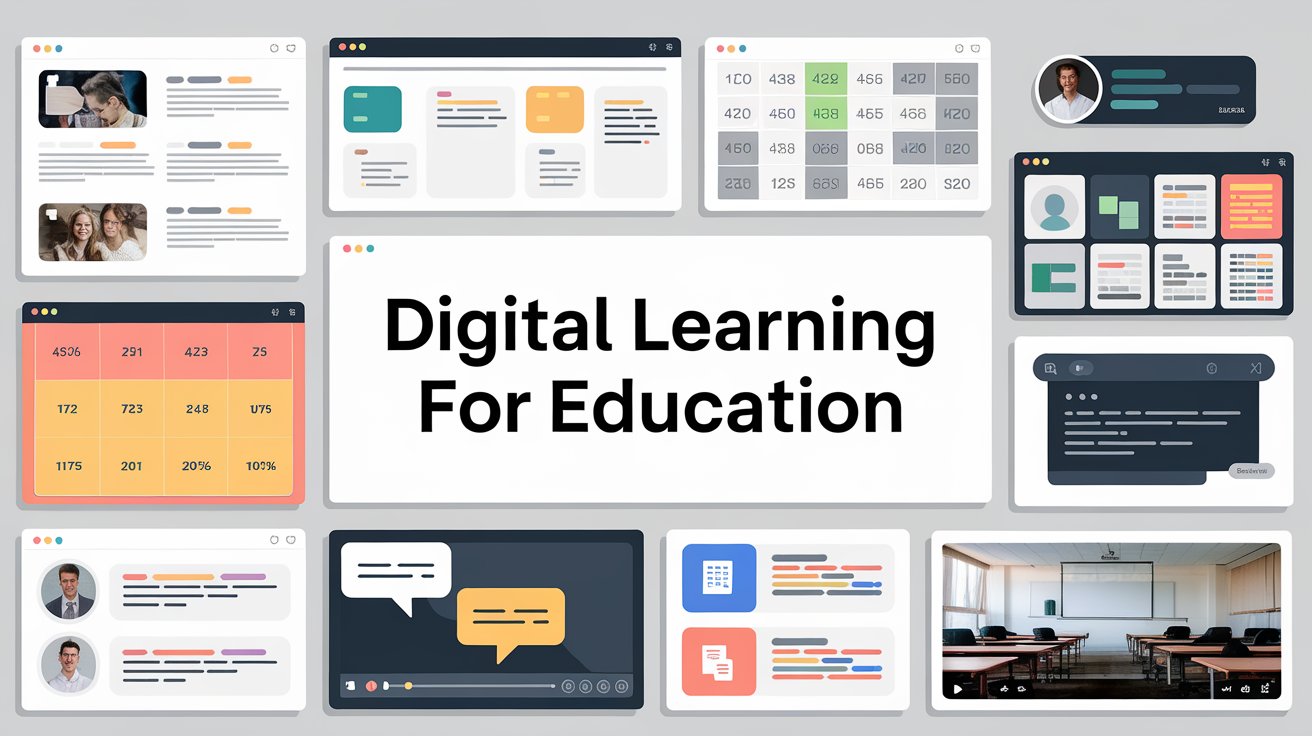In today’s competitive job market, personal branding has emerged as a vital component for job seekers aiming to stand out from the crowd. With the digital landscape constantly evolving, creating a strong personal brand can significantly enhance your visibility and credibility among potential employers. This article delves into the essentials of personal branding, shares personal anecdotes to illustrate its impact, and provides answers to common questions about building an effective personal brand.
What is Personal Branding?

Personal branding is the practice of marketing yourself and your career as a brand. It involves defining your unique value proposition, showcasing your skills, and crafting a consistent narrative that resonates with your target audience. In essence, personal branding is about controlling how you are perceived by others—be it potential employers, colleagues, or clients.
When I first entered the job market, I had a general understanding of personal branding but had never really put it into practice. I relied heavily on my resume, thinking that my qualifications alone would be enough to secure interviews. However, after months of applying with little success, I realized I needed to enhance my online presence and articulate my value more effectively.
Why Personal Branding Matters
1. Differentiation in a Competitive Market
In a world where countless candidates vie for the same positions, a well-defined personal brand can set you apart. It helps you communicate your unique strengths and experiences effectively.
I recall attending a job fair where candidates were queuing up with similar resumes and qualifications. However, a fellow job seeker stood out with her engaging elevator pitch and professional social media presence. Her confidence and clarity about her brand caught the attention of recruiters, leading to several interviews.
2. Building Credibility and Trust
A strong personal brand fosters credibility and trust. By consistently sharing valuable insights and demonstrating expertise in your field, you can establish yourself as a thought leader.
After realizing the importance of personal branding, I began sharing articles and insights related to my industry on LinkedIn. Over time, this not only helped me connect with industry professionals but also established my credibility in my field. When I applied for jobs, my online presence complemented my resume, providing additional validation to potential employers.
3. Networking Opportunities
Personal branding facilitates networking by making it easier for others to understand what you do and what you stand for. A clear personal brand attracts like-minded professionals and potential collaborators.
During my journey, I joined various industry-specific groups on social media platforms. Engaging in discussions allowed me to expand my network significantly. The relationships I built not only led to job referrals but also provided me with valuable insights about industry trends.
Strategies for Building Your Personal Brand
1. Define Your Unique Value Proposition (UVP)
Your Unique Value Proposition is a concise statement that outlines what makes you different and valuable. Reflect on your skills, experiences, and passions to articulate your UVP clearly.
To craft my UVP, I spent time identifying my strengths and the experiences that shaped my career. This clarity helped me create a consistent narrative across my resume, LinkedIn profile, and networking conversations.
2. Optimize Your Online Presence
Your online presence is often the first impression you make on potential employers. Ensure your LinkedIn profile and other social media accounts are professional, up-to-date, and aligned with your personal brand.
I learned the hard way when I received feedback about my LinkedIn profile being outdated. After updating it with a professional photo, a compelling summary, and detailed experiences, I noticed a significant increase in profile views and connection requests.
3. Create Valuable Content
Sharing valuable content related to your field showcases your expertise and helps you connect with others in your industry. This could be in the form of blog posts, articles, or social media updates.
After establishing my personal brand, I started a blog where I shared insights on industry trends and best practices. This not only enhanced my visibility but also provided me with topics to discuss during interviews, making me a more memorable candidate.
4. Engage with Your Audience
Building a personal brand is not just about broadcasting your message; it’s also about engaging with your audience. Respond to comments, participate in discussions, and connect with people in your industry.
I found that actively engaging with others on LinkedIn led to deeper connections and opportunities. A simple comment on someone else’s post could spark a meaningful conversation and potentially lead to job referrals.
5. Seek Feedback and Adapt
Regularly seek feedback from peers, mentors, and industry professionals to assess how your personal brand is perceived. Use this feedback to refine your messaging and strategy.
I sought feedback from a mentor who helped me identify areas for improvement in my branding efforts. This input was invaluable in shaping my narrative and ensuring it resonated with my target audience.
Personal Anecdote: My Branding Transformation

After months of struggle in the job market, I decided to fully embrace personal branding. I created a detailed plan that included defining my UVP, optimizing my LinkedIn profile, and consistently sharing content.
Within weeks, I started receiving invitations to connect from industry professionals and recruiters. One of my blog posts caught the eye of a hiring manager at a company I admired, leading to an interview. That experience taught me the power of personal branding—how it can create opportunities and build relationships that might not otherwise exist.
FAQs on Personal Branding for Job Seekers
1. What is personal branding?
Personal branding is the process of marketing yourself and your career to create a unique professional identity.
2. Why is personal branding important for job seekers?
It helps differentiate you in a competitive job market, build credibility, and foster networking opportunities.
3. How can I define my unique value proposition (UVP)?
Reflect on your skills, experiences, and passions to articulate what makes you different and valuable.
4. What should I include in my online presence?
Ensure your profiles are professional, up-to-date, and aligned with your personal brand.
5. How can I engage with my audience effectively?
Participate in discussions, respond to comments, and connect with industry professionals to build relationships.
Conclusion
Personal branding is no longer just a buzzword; it’s an essential strategy for job seekers in today’s competitive landscape. By defining your unique value proposition, optimizing your online presence, and actively engaging with your audience, you can create a compelling personal brand that resonates with potential employers. My own journey in building a personal brand has opened doors I never thought possible and transformed my career trajectory. Embrace the art of personal branding, and watch as new opportunities unfold before you.



